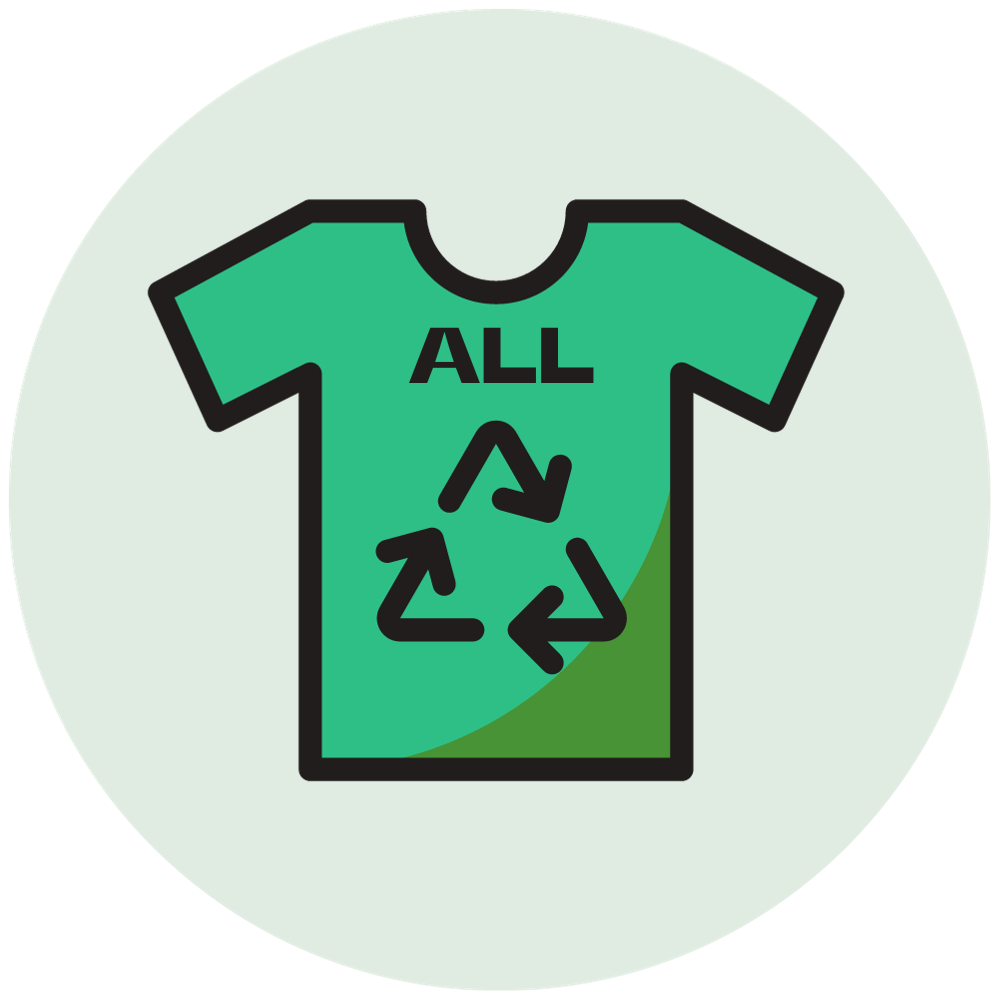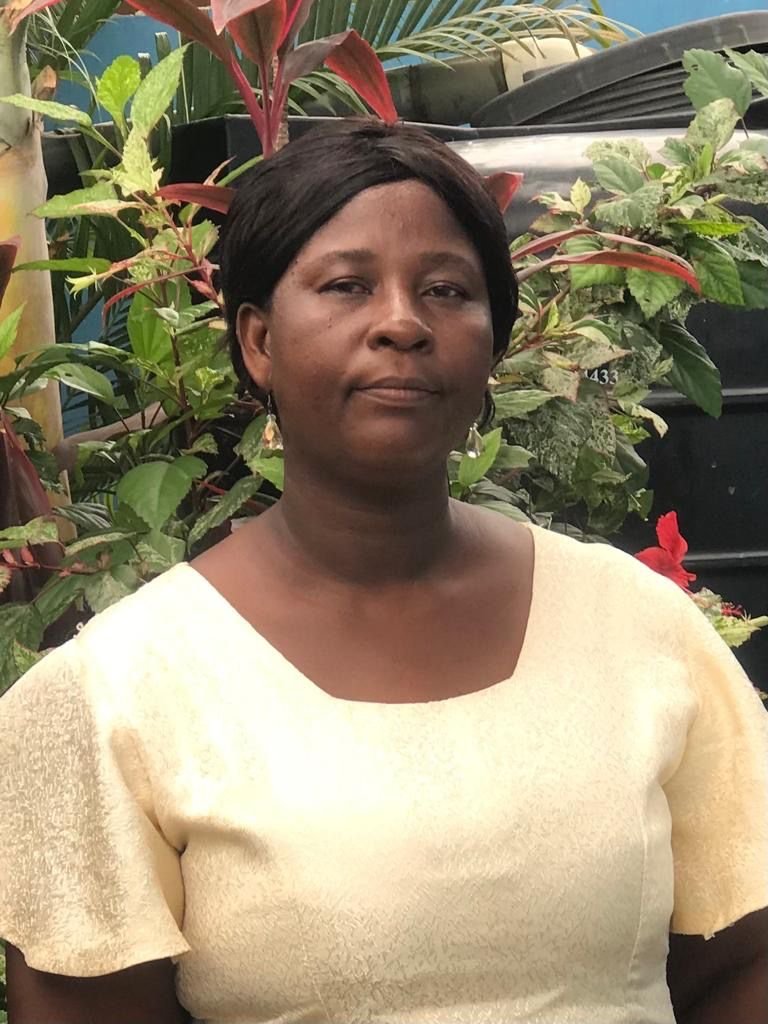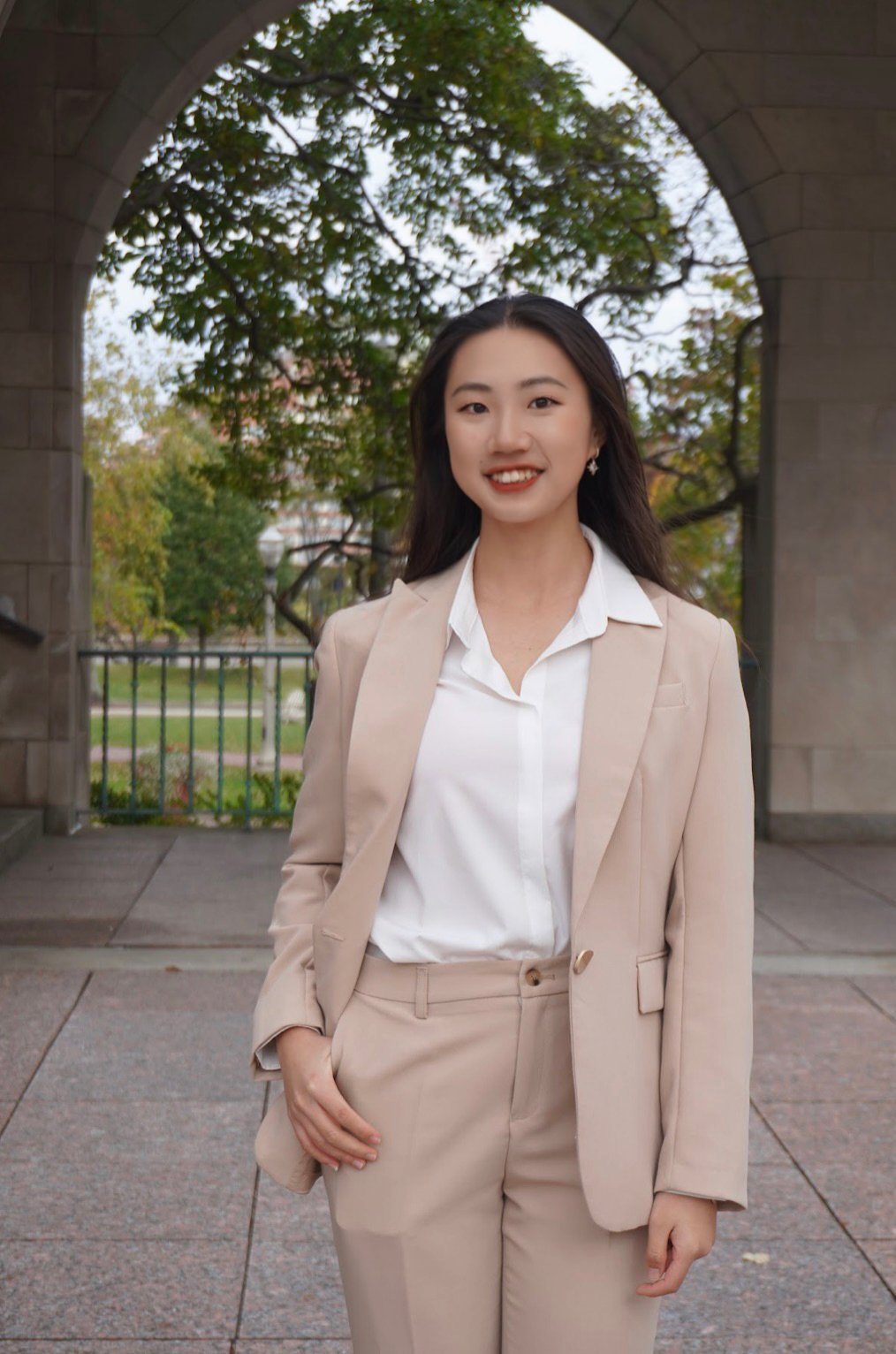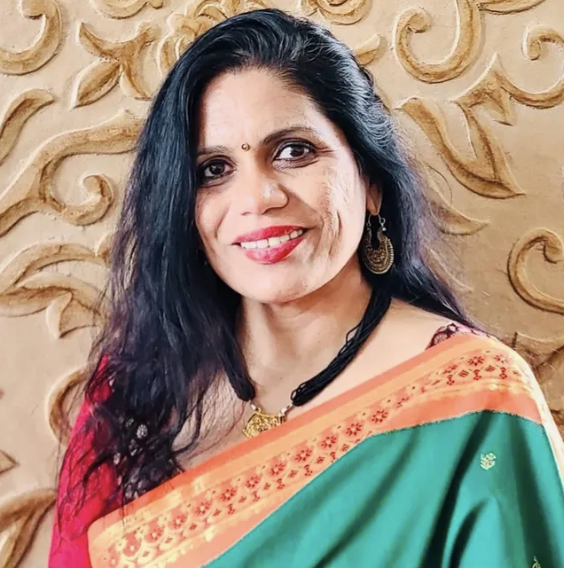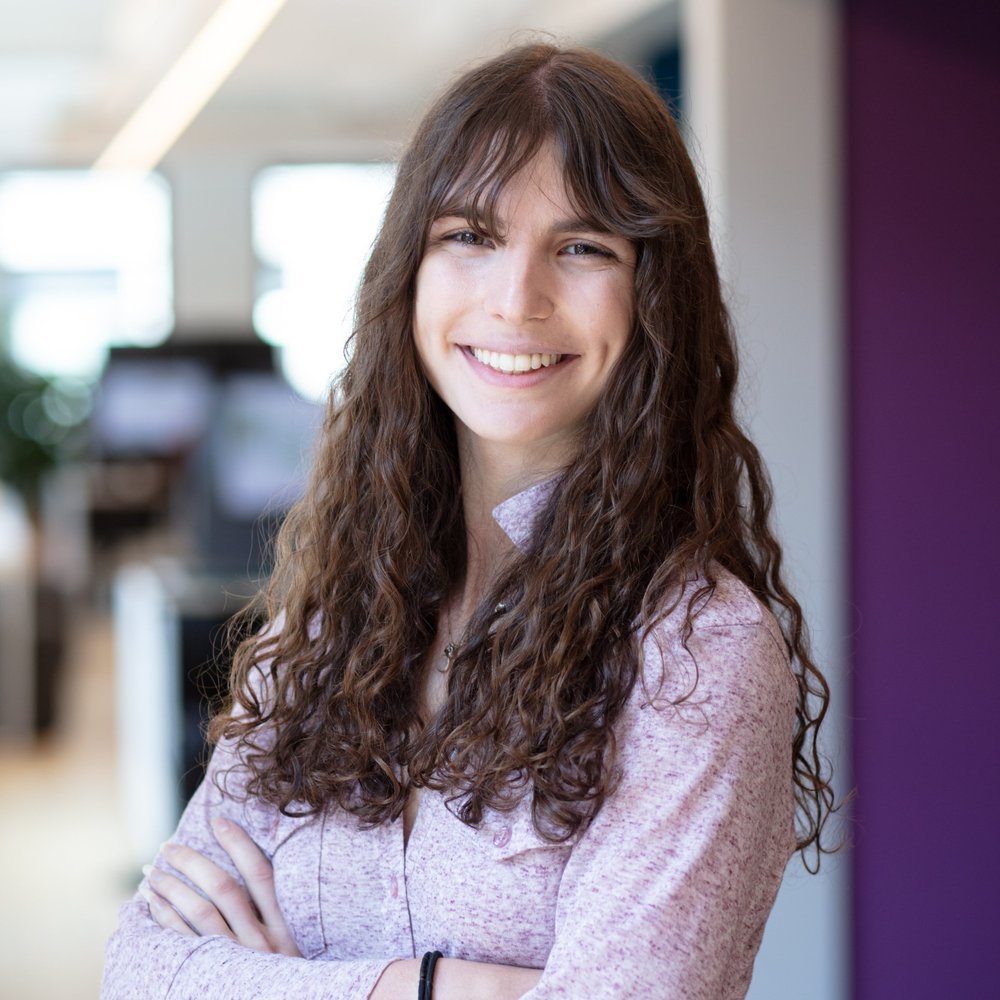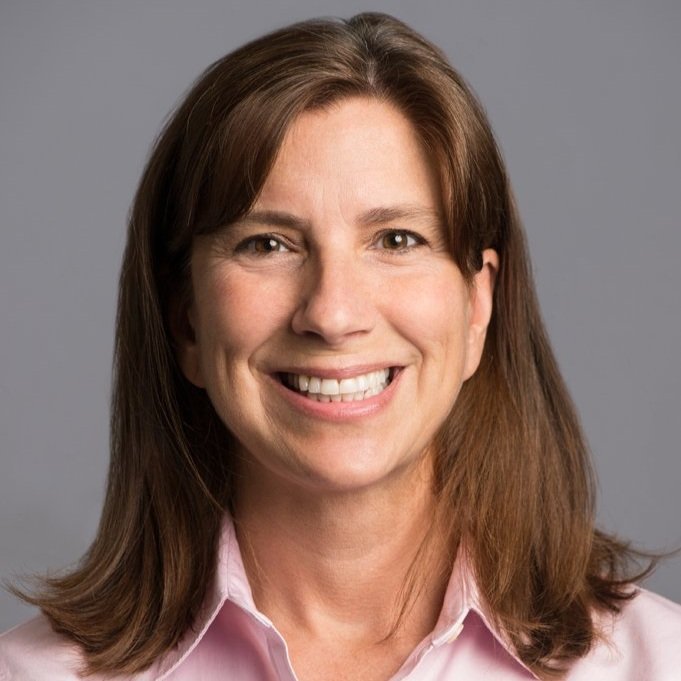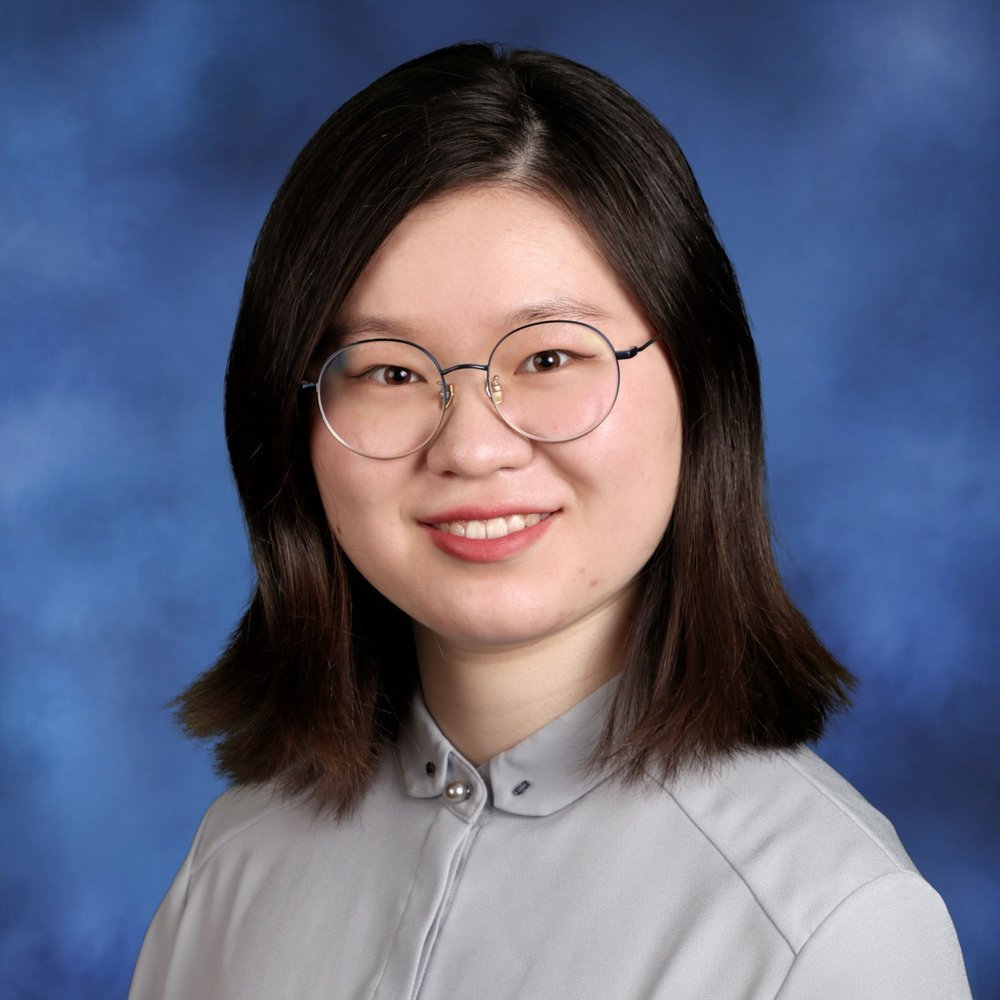LEAPS 2025 Textile Waste Conference Event Program
The LEAPS 2025 Textile Waste Conference is a virtual event occurring on Thursday, April 24 from 9:00 am to 2:00 pm EST hosted by The Aftermath Learning Lab. Registration is free.
Register now to attend and receive a Zoom link to join the event. You can also return to the main conference page, or contact the organizers by email with any questions.
You can also view the conference resource list to stay engaged after the event.
Some of the LEAPS 2025 Presenters…
Presenter bios are provided at the bottom of this page.
Conference Program
Opening Session (9:00 am - 9:45 am)
“About the LEAPS 2025 Textile Waste Conference”
Cecelia Cheng, Aftermath Learning Lab
Opening Remarks
Sarah Bibbey, Make Fashion Clean
“Why Did We Create the LEAPS Textile Waste Conference?”
Julia DeVoy, Aftermath Learning Lab, Boston College
LEAPS Session #1 (9:45 am - 10:45 am)
“Creating Textile Sustainability in Interior Design”
Emma Mooney, Boston College
“What No One Tells You About Goodwill Stores: A One-Day Adventure in Boston's Thrift Shops”
Shelly Shan, Boston University
“Threading Change Towards a Waste-Free Future”
Enyonam Edoh, Make Fashion Clean
LEAPS Session #2 (10:45 am -11:45 am)
“People’s Impact Network - Taking LEAPs together for a Sustainable Future”
Madhavi Nair, People’s Impact Network
“Exploring Environmental Racism”
Carrie Kandall, Boston College
“Back to the Loom: Rethinking Fashion Through History”
Xiaohan(Jo) Huang, Boston College
LEAPS Session #3 (11:45 am - 12:45 pm)
“Combatting Textile Waste”
Pablo Colón-Quiñones, Boston College
“Mutual Aid for Environmental and Social Change”
Mia Cresti, Boston College
“Community-Led Solutions to Textile Waste in Ghana”
Matilda Lartey, Founder & Executive Director, MFI Foundation
Break (12:45 pm to 1:00 pm)
LEAPS Workshop (1:00 pm to 1:50 pm)
Off the Radar: Why Sustainability’s Key Players Are Still Missing In Action
Enyonam Edoh, Make Fashion Clean
Closing Session (1:50 pm to 2:00 pm)
“Staying Engaged After the LEAPS Conference”
Cecelia Cheng, Aftermath Learning Lab
Event Notes
Captions and Recording
Auto-captions will be enabled during the event. The conference will be recorded and captions edited prior to uploading the conference recordings onto YouTube.
Consider Donating to the Conference Partners
The LEAPS Conference is made possible in large part due to volunteered time from members of the Make Fashion Clean (MFC) team. While we are committed to making this conference free and publicly available, we encourage participants - especially those who generate a lot of textile waste - to consider donating to the #MFCTextileWasteCampaign for Earth Day 2024. All proceeds to this campaign directly support the MFC-MFI Foundation Upcycling Partnership, an initiative of artisans who are upcycling textile waste in Ghana.
Learn more about and donate to the #MFCTextileWasteCampaign.
Presenter Bios
Sarah Bibbey (they/them) is a white, nonbinary social worker who co-founded MFC in June 2017. Originally from Colorado, they have lived in many parts of the US, as well as Ghana, Costa Rica, and Mexico. Sarah is currently based in San Bernardino, California. As the Acting Director for Partner Relationships, Sarah manages communication between the MFC team and the MFI Foundation. They also work on grant applications and the organization’s theory of change.
Since 2013, Sarah has collaborated in various ways with women who are artisans in Ghana. As a young person, Sarah lived in Ghana, an experience that became their foundation for understanding global inequities. Personally, they also share a long-standing warm relationship with several of the artisans at MFI. “I seek to work against systems of oppression that affect people I care for.” Sarah sees that they have been, and continue to be, part of the systems of oppression that create issues such as denim dumping. Sarah hopes their work with MFC will partner with the most directly affected, and in doing so, heal all parties involved. One way Sarah is currently seeking to grow their equitable practice with MFC is through studying Twi, a language spoken by many communities in Ghana.
As a result of their work with MFC, Sarah is committed to buying secondhand clothes and goods whenever possible. They have also learned to salvage discarded food waste.
Emma Mooney is a freshman at Boston College studying Finance, Entrepreneurship, and History. She is also the founder of To The Trade, a startup working to simplify the fabric and wallpaper sample ordering process for interior designers. With To The Trade, designers can access samples from various textile brands on one platform with a single trade account. This drastically reduces the amount of time designers spend setting up trade accounts and ordering samples, while also increasing exposure for textile brands and minimizing repeat sample ordering. Emma started To The Trade after working at interior designer firms, experiencing firsthand the inefficiencies of creating trade accounts and ordering samples through email and individual ordering websites. She believes that the time-consuming nature of this essential task places a burden on both designers and textile companies, which is felt acutely by the many small businesses in these industries. By aggregating sample ordering onto one website, she believes textile waste and sample expenses for vendors will be drastically reduced. Emma recently won the Start@Shea Elevator Pitch Competition, and is planning for To The Trade’s official launch this summer.
Shelly Shan is currently a student at Boston University with a strong passion for sustainable business. Originally from Yunnan, China—a region known for its rich culture and diverse textile traditions—she is deeply inspired by traditional craftsmanship. Shelly and her colleagues are currently researching how to bring sustainable fashion, especially by incorporating traditional Chinese elements, into the global fashion industry.
Over the past two years, Shelly has participated in LEAPS, working to introduce innovative ways to raise awareness about textile waste and promote sustainable fashion among her peers. This year, she fell in love with thrifting and is excited to take you on a journey to explore how thrift stores in the Boston area handle textile waste and promote sustainability.
Enyonam Edoh is a public health researcher, educator, and creative strategist with over six years of experience at the intersection of health equity, environmental justice, and community engagement. As the Education Director at Make Fashion Clean (MFC), she leads creative curriculum development and cross-sector learning initiatives that center local knowledge, regenerative practices, and the lived realities of communities impacted by textile waste. She holds a Master of Public Health from Tufts University and has worked across research, policy, and media to advance climate-resilient systems. Her approach is rooted in interdisciplinary collaboration—bridging public health, fashion, and culture to illuminate the human stories behind environmental impact.
Madhavi Nair is an IT professional and passionate about giving back locally. Madhavi is delighted to be a part of the People’s Impact Network movement grounded in the triple-winning principles of promoting sustainable fashion, facilitating the reuse of ethnic clothing, and supporting programs benefiting the community. As a community outreach and communications director of PIN, she will be participating and promoting PIN in DFW and nationwide and building community connections and partnerships with other charities.
Carrie Kandall is an undergraduate student in the Carroll School of Management at Boston College. Through her interdisciplinary study in operations management, managing for social impact, and global public health, she has a background in assessing business processes and practices to evaluate their economic, social, and environmental impacts. Additionally, her passion for health equity drives her to address the social determinants of health through her coursework and activities. This motivates her to think about the environmental and health impacts of the fast fashion industry, and how this disproportionately impacts overburdened populations.
Xiaohan Huang is an undergraduate student at Boston College majoring in Art History and Applied Psychology. She is deeply interested in art conservation and archaeology, particularly in how material traces can tell stories about the lives of everyday people. Her academic background bridges the study of material culture and human behavior, allowing her to approach historical research through an interdisciplinary lens. Her current research examines how technological developments have transformed clothing production and durability, and how these shifts have contributed to today’s textile waste crisis. She is passionate about connecting the past to the present and hopes to inspire more sustainable approaches within the fashion industry and beyond.
Pablo Colón Quiñones (he/him) is an undergraduate student and research assistant at Boston College. He majors in Applied Psychology & Human Development, Organizational Studies and Human Capital Focus Area, and minors in Management & Leadership and Design Thinking & Innovation.
Pablo is passionate about exploring organizational structures and strategies to enhance productivity on multiple levels. Since joining the Aftermath Learning Lab in August 2024, he has become particularly curious about the intersection between textile waste, mental health, and cultural dynamics. Drawn to the lab’s mission, he is eager to deepen his understanding and educate others about the different impacts of textile waste. Through his work with ALL, he aims to refine his research and analytical skills while making meaningful contributions to scholarly publications.
Mia Cresti is a junior at Boston College, double majoring in Transformative Educational Studies and Environmental Studies with a concentration in Environmental Communications. While at BC, she has served as a Student Leader for the Appa program through Campus Ministry, is a Peer Mentor for LSEHD first-year program, ERA, and is on the E-Board for the new Photography Club and one of the music clubs, Avid Listeners of Boston College, among other things. This semester, she joined Dean Devoy's Aftermath Learning Lab, where she has been investigating the potential for Mutual Aid to be both a social and environmental good. Mia hopes to go on to get her PhD in Environmental or Art Education, and eventually teach high school Environmental Studies through an interdisciplinary lens, emphasizing the importance of Indigenous Knowledge and other ways of knowing.
Matilda Lartey is the Founder and Director of The Matilda Flow Inclusion Foundation (The MFI Foundation), a community-based non-profit upcycling studio in Greater Accra, Ghana that provides inclusive job training and employment to artisans whose livelihoods have been displaced by the globalized fast fashion and secondhand clothing industries. Matilda is a fashion designer and environmental educator with two decades of experience as an artisan and activist. Her expertise is in using frugal innovation and universal design principles to train artisans, especially young adults and disabled people, in sewing, fashion design, and upcycling. As a multilingual environmental educator and activist, she teaches about sustainability, the environment, and issues of pollution and climate change and works to spark curiosity and engagement in science, technology, engineering, and mathematics (STEM) through art. She is also focused on ensuring the leadership and representation of African women, disabled people, and their family members in the global climate change response and in environmental health advocacy.
Julia DeVoy, PhD, MTS, MBA is is the principal investigator for the Aftermath Learning Lab and an applied developmental psychologist who has been involved in social and environmental justice impact work since 1989. DeVoy, who earned a dual major B.A. from St. Lawrence University, a M.T.S. from Harvard University, a M.B.A. from Oxford University, and a doctorate in Developmental Psychology from Boston College, has been affiliated with Boston College since 1993. As a researcher, she focuses on social class and context and their impacts on human development and learning across the life course and in different ecological contexts such as family, workplace, community, faith, and educational settings. In the Aftermath Learning Lab, she is interested in the developmental and public health impacts of pollution and climate change and also the developmental benefits of environmental education, informal STEM learning, community building, and environmental advocacy at all ages. DeVoy is the undergraduate dean of programs and students at the Boston College Lynch School of Education and Human Development and adjunct faculty in several schools at Boston College. She is also Director of the Experience, Reflection and Action First Year Program and the Co-Founder of the Design for ImpACCt Initiative with Clemson, Virginia Tech and NC State colleagues. DeVoy’s work with The Aftermath Learning Lab was inspired by other student-led design thinking projects that she has co-led including the Atlantic Coast Conference Academic Leaders Network Design for ImpACCt (DFI) project and Make Fashion Clean (MFC Tie-Dye Inc.) which she co-founded and continues to serve as the Research Director. Through the Aftermath Learning Lab, she has led several grant-funded projects that resulted in the development of The Aftermath Sculpture, the Textile Waste Facts educational resource, the LEAPS Textile Waste Conference, and other impacts. Additionally, she has contributed to numerous publications in the areas of project-based learning, developmental psychology, and environmental health.
Qingwan (Cecelia) Cheng is assistant project manager for the Aftermath Learning Lab where she has contributed to project management, developing research products and grant proposals, organizing team-building events, and mentorship and coordination of the research team since 2023. Cecelia graduated from Boston College in 2023 with a bachelor's degree in Applied Psychology and Human Development & Computer Science. She is now working as a data analyst in the technology industry. Cecelia worked as a research assistant in the Aftermath Learning lab in her senior year at Boston College. Her focus was facilitation of design thinking workshops for development of a textile waste related board game as an informal learning tool for environmental justice topics. She joined the Aftermath Learning Lab after graduation to continue her involvement in environmental justice advocacy work.
Note:
To make updates to your presenter bio, please contact the conference organizers by email.
